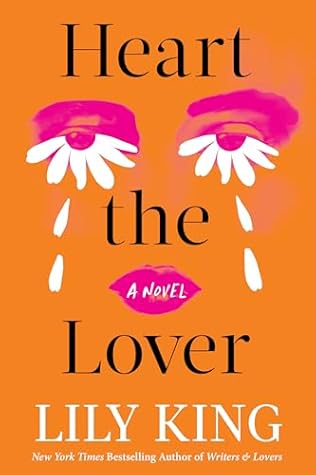More on this book
Community
Kindle Notes & Highlights
I’ve noticed that about people who had stable childhoods. They like to create their own problems.
‘For them. But not for us. We have gotten better. Ethically. Morally.’ ‘We haven’t. Human behavior doesn’t change.’ He is so certain of this. I insist it does and give the obvious examples of the spread of democracy, the abolition of slavery, increasing religious tolerance, women’s rights. He counters with Hiroshima and Nagasaki, the Gulag, Vietnam. More people have been killed in this century in wars and by their own government than in all previous centuries combined. If killing another person is any measurement of ethical behavior, he says, we are worsening.
‘I don’t think I could live without a belief in moral progress.’ ‘And I can’t feed myself lies.
But I’m not good at saying that I feel hurt or forgotten or rejected. There had been no room for that growing up. I’m more skilled at burying those emotions. Or hiding them in my fiction.
‘Isn’t love a form of hope?’ I said. ‘No. Love is crushing. Love is something you let yourself feel at your own peril, despite your better sense.’
‘I think we desire unity because we have felt it before and we want to feel it again. It’s our natural state.’


